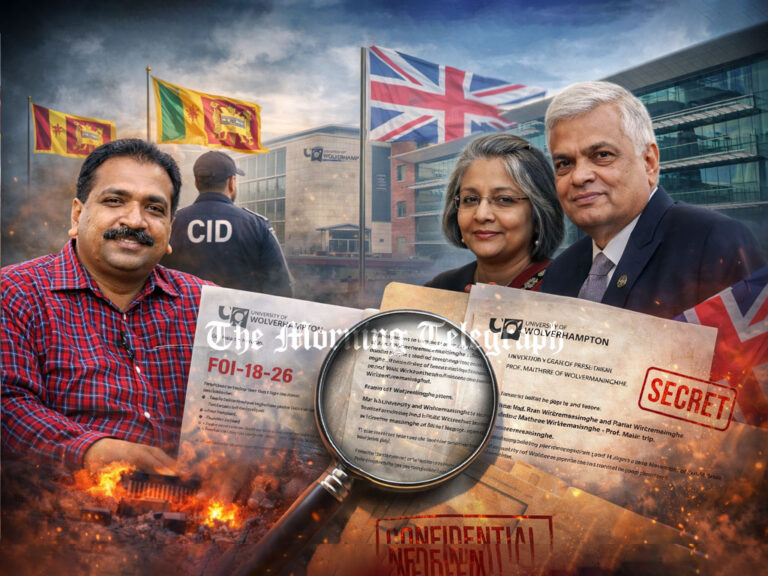
In a move that underscores its tightening stance on accountability and financial discipline, the International Monetary Fund (IMF) has issued a firm deadline to the Sri Lankan government: establish a transparent system to impose surcharges on officials involved in financial misconduct—by June 30. The directive forms a critical part of the IMF’s conditions for continued financial assistance to the country.
The surcharge mechanism, long discussed as part of institutional reform, is now being pushed forward under renewed urgency. Initially, it was proposed that the Attorney General would impose surcharges based on recommendations from the Auditor General. However, recent developments show a significant shift in approach. Now, the recommendation by the Auditor General is to be reviewed by an independent five-member committee appointed by the Legislative Council, with authority to take necessary action.
According to the new structure, the committee will be chaired by a retired Supreme Court judge. Other members will include a former public finance sector official, an officer from the Institute of Chartered Accountants, and two additional members with relevant experience. Notably, the National Audit Office will have no representation in this body, a decision aimed at ensuring neutrality and reducing institutional conflicts of interest.
This reform extends beyond ministries and departments. It will also cover corporations, boards, and state-owned enterprises, many of which have long operated in regulatory gray zones. Under current laws, the Auditor General can only recommend surcharges for a narrow band of institutions, primarily universities and local government bodies. This new committee is intended to close those loopholes.
The proposal gained momentum following repeated visits by IMF delegations, where the issue was raised directly by former Auditor General Chulantha Wickramaratne, who met with IMF officials to stress the need for enforceable mechanisms. The fund, in turn, made it clear: without a credible and corruption-free process to penalize financial malpractice, future disbursements would be in jeopardy.
For Sri Lanka, still emerging from its most severe economic crisis in decades, the message from the IMF is simple—but stark: clean up governance, or risk losing lifeline funding.
Now, with the June 30 deadline looming, the clock is ticking—not only on the reform, but on the country’s broader credibility in the eyes of global financial institutions.




